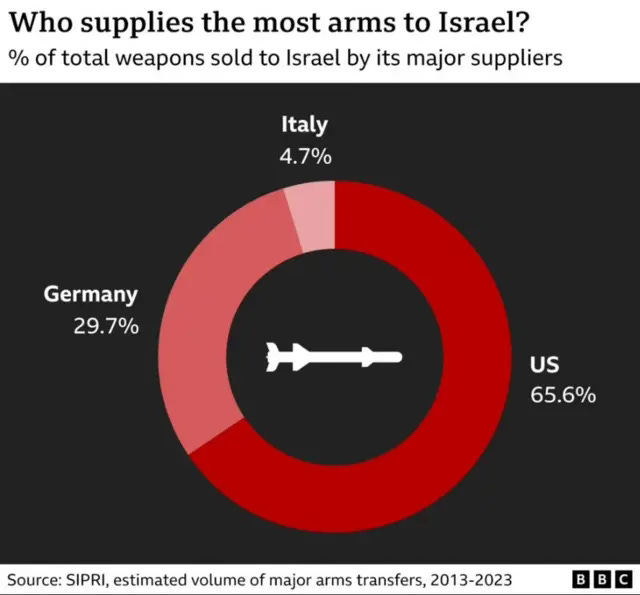🚨 Germany Suspends Arms Exports to Israel: A Historic Shift in Support
As international criticism of Israel grows, one of its largest allies suspends military aid, signaling a potential turning point.
If you believe in truth-telling and accountability, please help us continue to report on the genocide in Gaza by becoming a paid subscriber to The North Star. I pledge to keep this reporting free and accessible to everyone—but your support is essential to make this possible.
👉 Subscribe now and stand with fearless journalism.



